Industry information
Company News
- The new favorite of aluminum veneer curtain wall architecture, showcasing the modern urban style
- Fluorocarbon aluminum veneer: a fashionable choice for modern architecture
- Customized aluminum veneer to create your own fashionable space!
- Hyperbolic aluminum veneer: a magnificent new chapter in architectural art
- Aluminum veneer curtain wall: the fashionable "coat" of modern architecture
Industry dynamics
- Aluminum veneer: not only for exterior walls, but also as a witness to fashion
- Painted aluminum veneer with a thickness of 1.5mm adds beauty to buildings
- Innovative application of carved aluminum veneer in curtain wall decoration
- Aluminum veneer curtain wall: the fashionable coat of modern architecture
- Aluminum veneer curtain wall: a fashionable choice for modern architecture
Frequently asked questions
- What are the applications of aluminum veneer in the interior decoration industry and how can they be improved?
- What issues should be noted during the processing of aluminum veneer?
- What are the types of aluminum veneer?
- What are the applications of aluminum veneer in the interior decoration industry?
- What are the advantages and disadvantages of aluminum veneer compared to other metal materials?
contact us
Mobile:+86 15627778610
Email: 2201229786
Address: No. 5 Binjiang Road, High tech Zone, Zhaoqing City, Guangdong Province
What are the advantages of aluminum veneer?
- Author: Lesilong Technology (Guangdong) Co., Ltd
- Release time: March 11, 2025 21:58:18
- Click:0

Aluminum veneerAs a common building material, it has many advantages, which are also important considerations for customers when choosing to use this product. This article will provide a detailed introduction to the advantages of aluminum veneer.
1、 Lightweight
The main raw material for aluminum veneer is aluminum alloy sheet, which has a lower density and lighter weight compared to traditional building materials such as steel and concrete. This allows aluminum veneer to reduce the weight of buildings, lower their structural costs and energy consumption. Aluminum veneer can also reduce energy consumption and carbon emissions during transportation and installation, and has a positive impact on environmental protection.
2、 Corrosion resistance
After anodizing, electrophoretic coating and other treatments on the surface of aluminum veneer, a dense oxide film can be formed, which has strong corrosion resistance and wear resistance. This allows aluminum veneer to be used for a long time in harsh weather environments and is less susceptible to issues such as weathering and corrosion. The surface of aluminum veneer can also be treated with spraying, film coating, etc. to further improve its decorative and durability.
3、 Plasticity
Aluminum veneer can be customized in design and processing according to customer needs, and can adopt different shapes, sizes, and surface treatment methods to meet different architectural decoration requirements. Aluminum veneer can also undergo bending, slotting, drilling and other processing operations, with strong plasticity and adaptability.
4、 Easy to clean and maintain
After anodizing, electrophoretic coating and other treatments, the surface of aluminum veneer is smooth and flat, which is not easy to adsorb dust and dirt, making it very easy to clean. The surface of aluminum veneer also has strong wear resistance and scratch resistance, which can maintain its beauty and luster for a long time. If maintenance and upkeep are required, simply wipe with clean water, which is very simple and convenient.
5、 Energy conservation and environmental protection
Aluminum veneer has good thermal insulation performance, which can effectively reduce the energy consumption and carbon emissions of buildings. The production process of aluminum veneer is also relatively environmentally friendly and will not cause pollution or damage to the environment. Using aluminum veneer as a building material can not only improve the comfort and aesthetics of buildings, but also contribute to environmental protection.
Aluminum veneer has advantages such as lightweight, corrosion resistance, plasticity, easy cleaning and maintenance, as well as energy conservation and environmental protection. These advantages have led to the widespread application and promotion of aluminum veneer in the field of architectural decoration. In order to fully leverage the advantages of aluminum veneer, enterprises need to pay attention to product quality and service level, constantly innovate, and meet the ever-changing needs of customers.

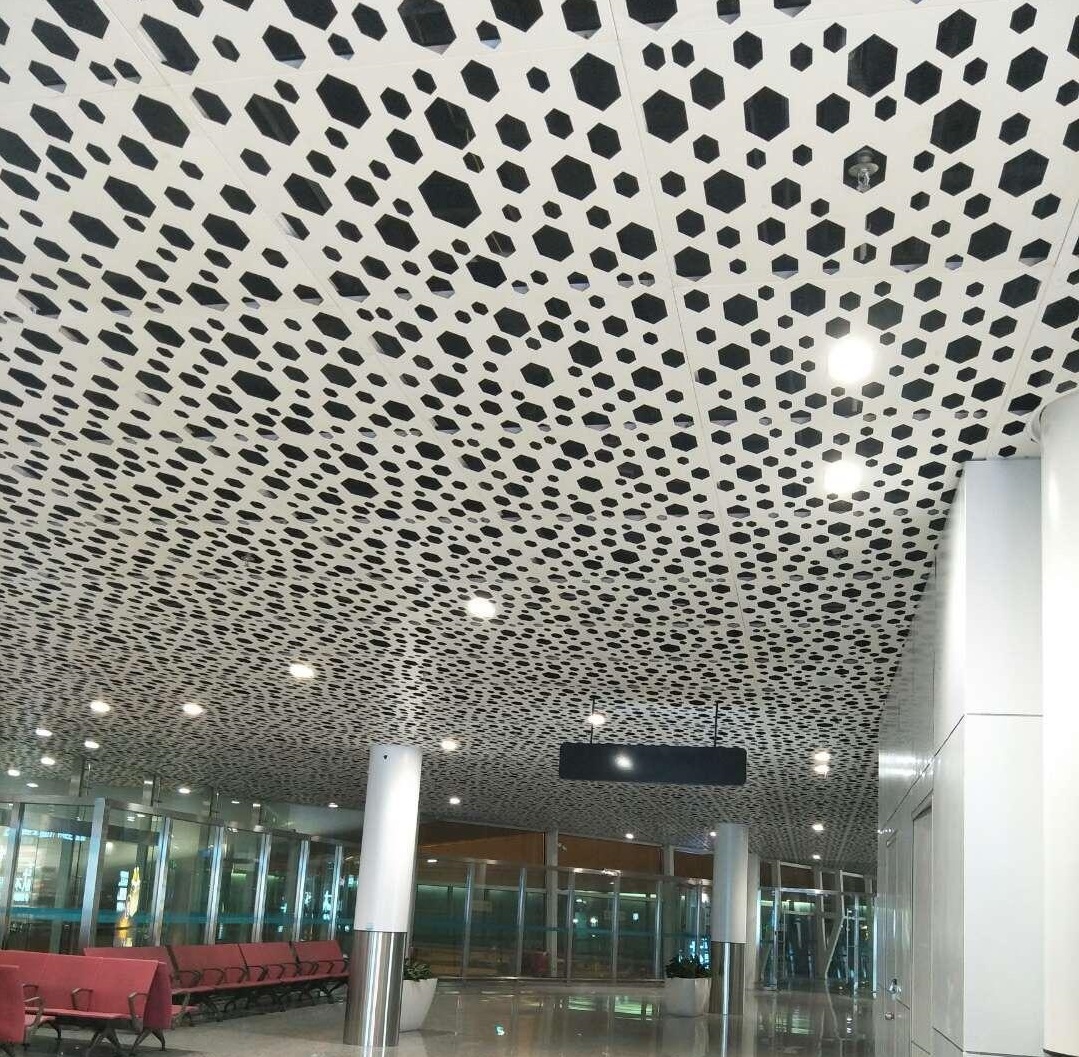
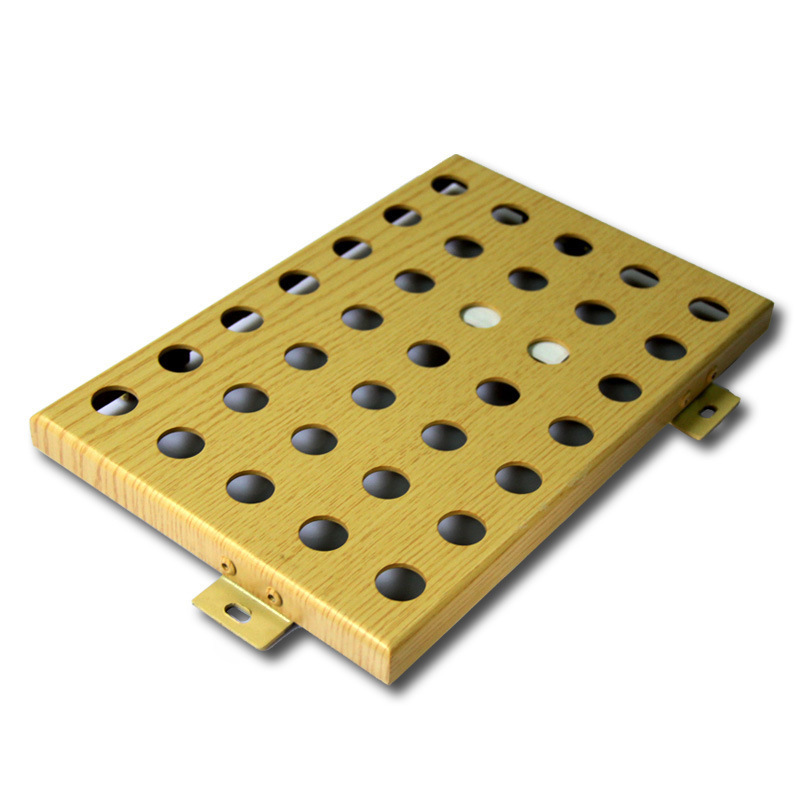
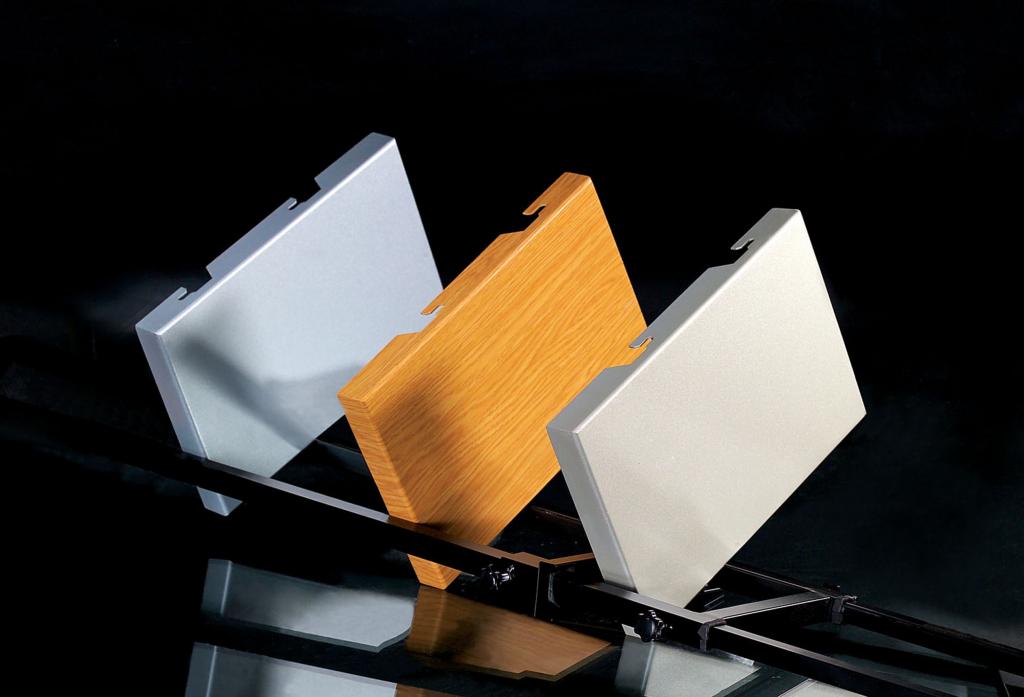
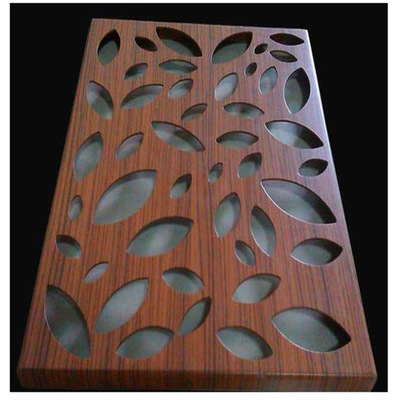
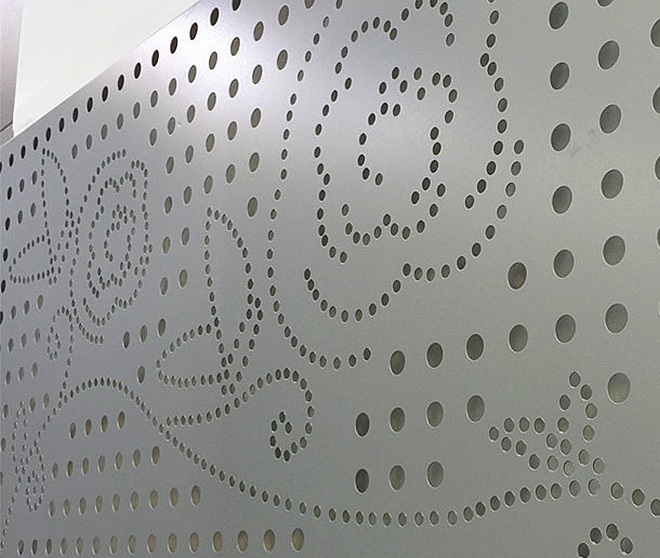
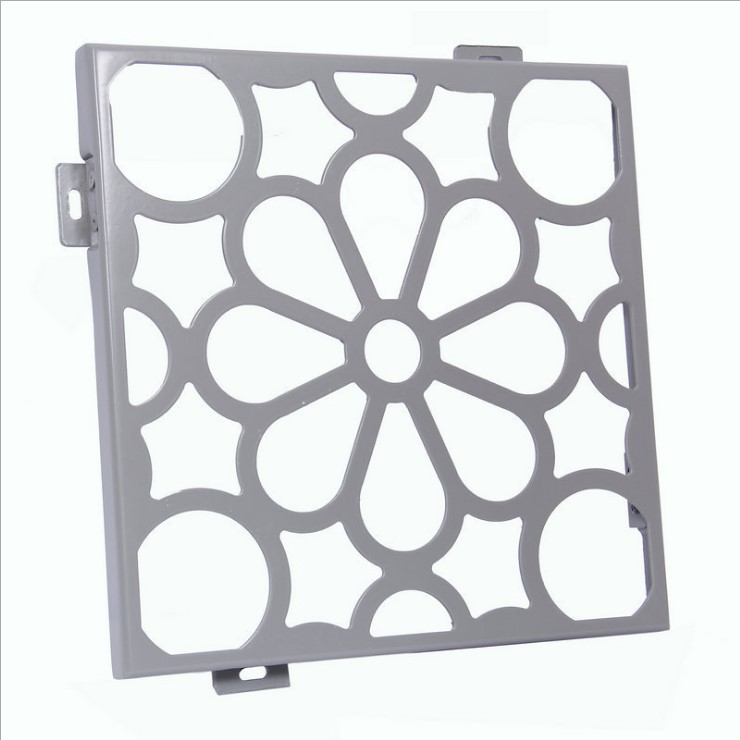
 Customer service QQ
Customer service QQ